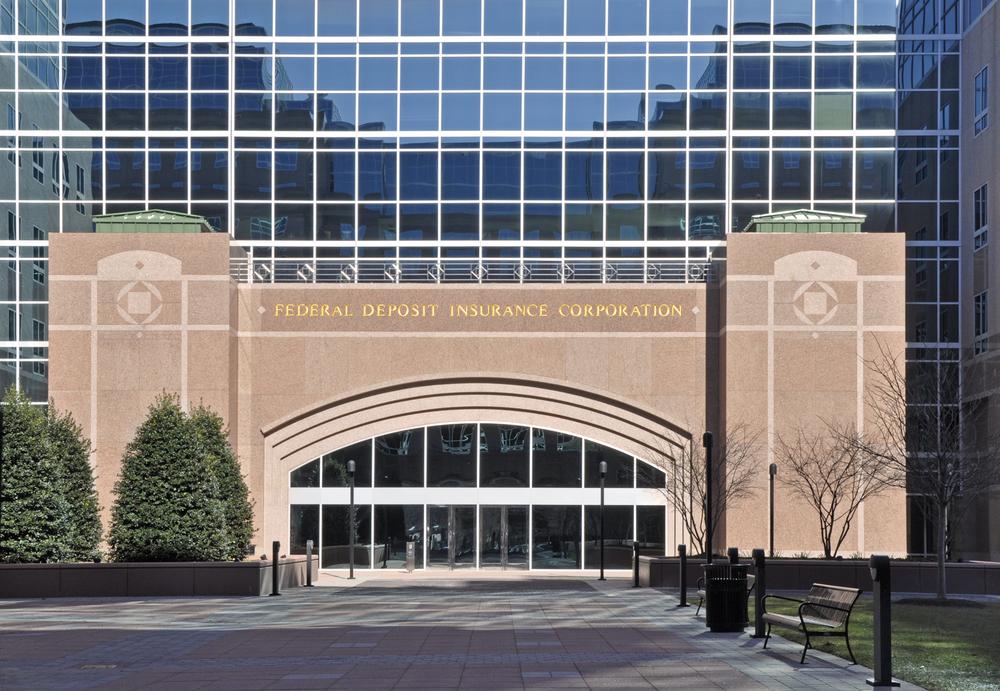Guide to Different Types of Bank Accounts
This comprehensive guide explains various types of bank accounts, including checking, savings, interest-bearing checking, money market, and CDs. It covers their features, benefits, and how to choose the right account for your financial needs, emphasizing ease of access, interest rates, transaction limits, and minimum balance requirements. Perfect for anyone looking to understand banking options better, this article simplifies complex concepts and offers practical guidance for customers seeking suitable banking solutions.

Understanding Various Bank Accounts
Financial institutions are designed to protect your money with a range of account options. With technological advancements, banking has become more convenient through online and mobile platforms. Selecting the right account depends on your financial goals. To open an account, you must provide valid ID, and deposits can be made via receipts or ATMs. Common types include savings, checking, interest-bearing checking, money market, and certificates of deposit (CDs).
In detail:
Checking Accounts — Ideal for everyday transactions, available for personal and business use. They often have no minimum balance requirements, ATM access, and unlimited transactions, making them very flexible.
Savings Accounts — Designed primarily for saving, these accounts earn interest but limit transactions. Maintaining the minimum balance avoids service charges, with access via ATM, mobile, and online banking.
Interest-earning Checking Accounts — Similar to regular checking accounts but offer interest on balances. They allow unlimited transactions but require a minimum balance and typically include ATM and check facilities.
Money Market Accounts — Offer higher interest rates, suitable for larger deposits. They limit transaction frequency and require maintaining a specified minimum balance, often investing in various financial schemes.
Certificates of Deposit (CDs) — Lock your money for a fixed period at a set interest rate. Early withdrawals incur penalties, and longer terms usually mean higher returns.










